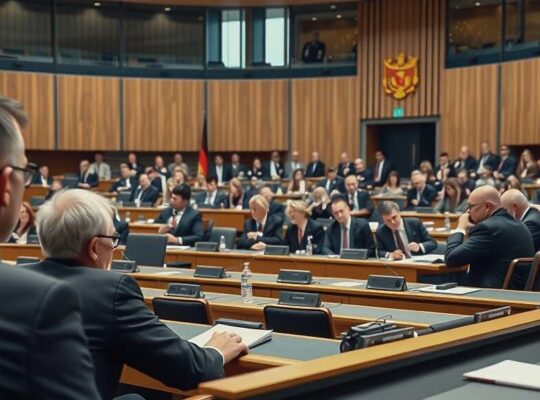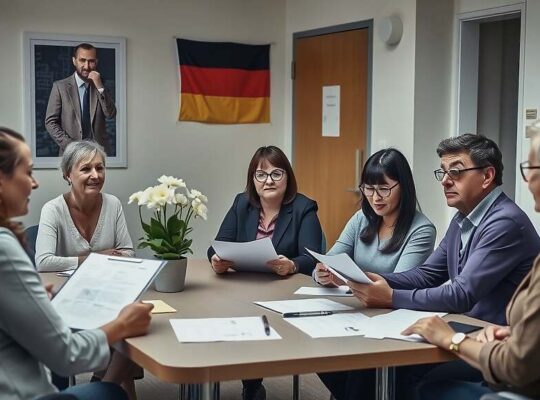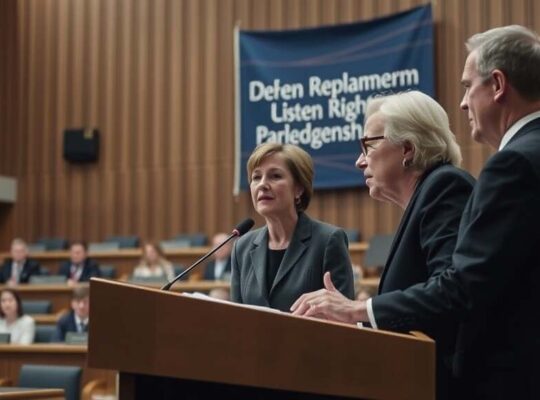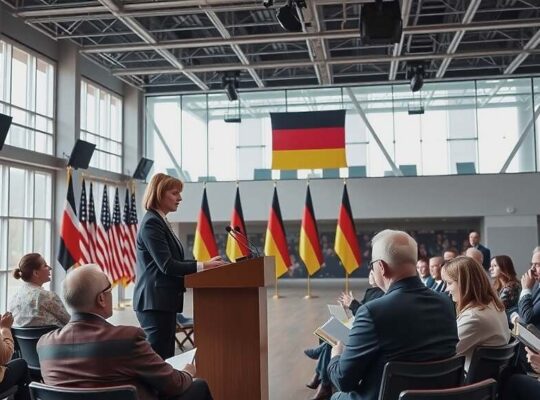A new study released by the Ifo Institute’s Econpol Forum highlights the critical, albeit complex, role of social media platforms in shaping modern democratic participation. The research underscores how these platforms are facilitating the organization of protests and fostering engagement, particularly amongst demographics often marginalized by traditional media outlets.
Ifo researcher Annali Casanueva-Artis emphasizes that online movements possess a unique ability to amplify democratic debate and rapidly transcend geographical boundaries. Unlike conventional political structures, these movements bypass the need for hierarchical organizations and formal political entities, allowing for quicker and more adaptable mobilization. The global impact of movements like MeToo and Black Lives Matter serves as compelling evidence of this potential.
Data suggests a correlation between participation in the Black Lives Matter movement, predominantly leveraged through social media and more liberal viewpoints, including reported reductions in workplace discrimination. This finding indicates a tangible impact of online activism on offline behaviors and societal attitudes, suggesting a pathway for digitally driven social change.
However, the study also acknowledges a sobering duality. The infrastructure that empowers democratic engagement online simultaneously lowers the barrier for antidemocratic activity and the rapid dissemination of misinformation. This creates a significant challenge for policymakers aiming to harness the benefits of digital activism while mitigating its inherent risks.
The researchers advocate for carefully considered regulatory frameworks from the European legislature. These regulations must strive to curtail the spread of disinformation and, crucially, to actively promote and facilitate the inclusion of diverse voices within political processes. Genuine democratization through digital channels, according to Casanueva-Artis, hinges on accessibility and inclusivity. Governments and institutions have a responsibility to dismantle obstacles that prevent citizens and organizations from meaningfully participating in the political landscape. Failing to do so risks exacerbating existing inequalities and undermining the very foundations of a representative democracy.












